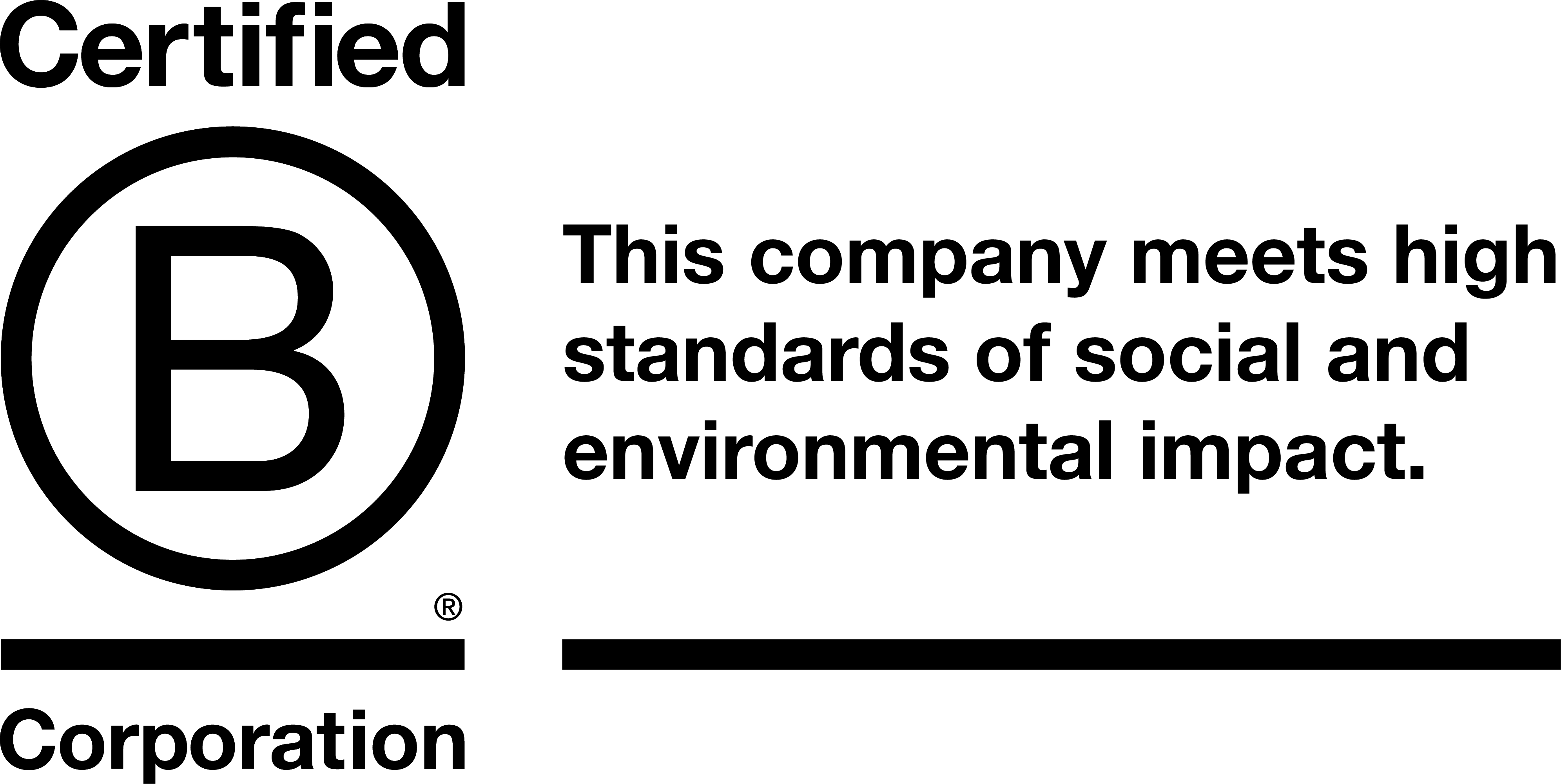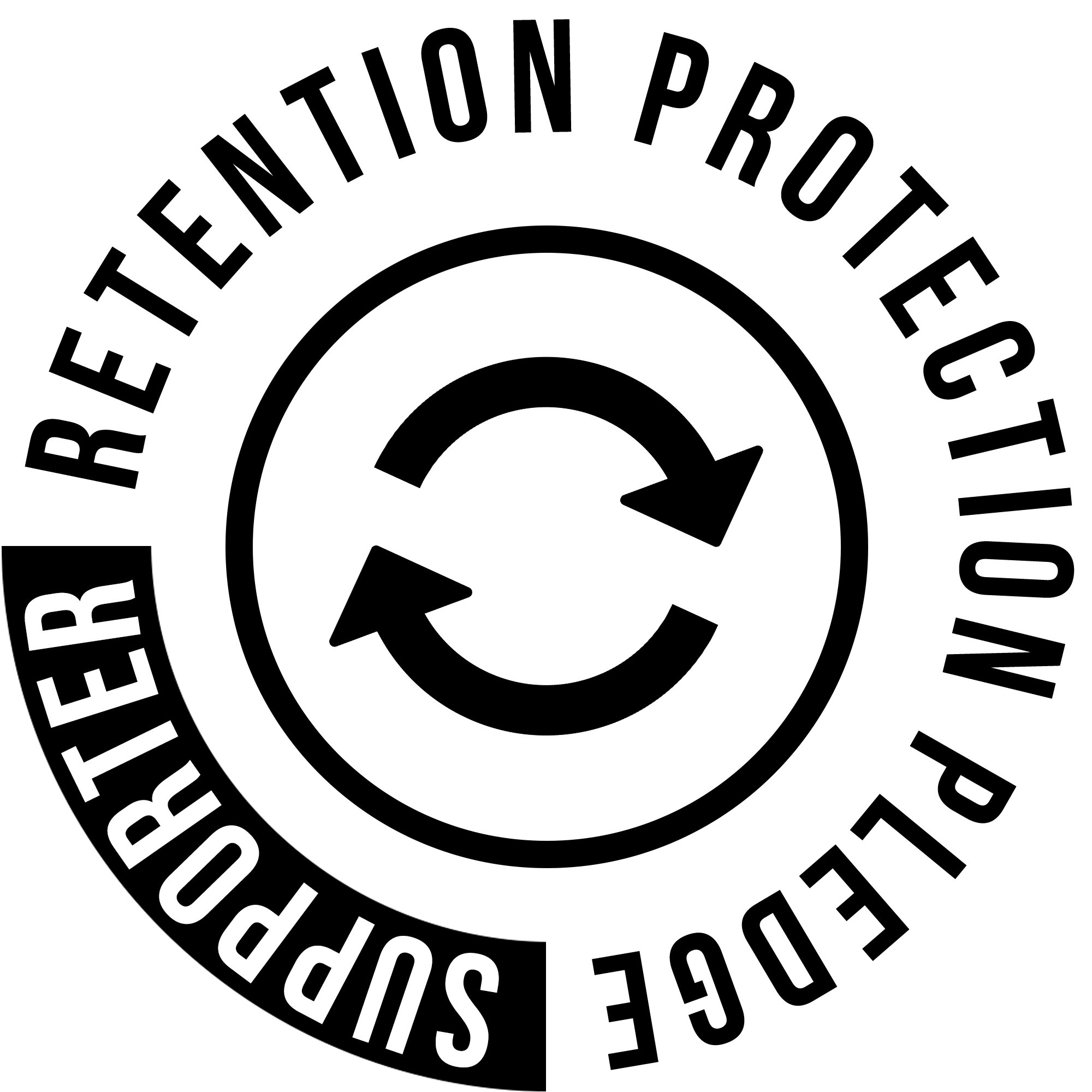Third-Party Managed Accounts (TPMA's)

Overview
What are Third-Party Managed Payments?
Third-Party Managed Payments, often referred to as TPMAs, are arrangements where funds are paid to an independent third party to be managed and paid out in accordance with agreed instructions.
Instead of one party holding and controlling the money, funds are received by the TPMA and then paid to the appropriate recipients as payments fall due. The TPMA follows the agreed rules and does not use the funds for any other purpose.
TPMAs are used where money needs to move through a process, rather than simply being held until a single condition is met
Who are TPMA's suitable for?
TPMAs are suitable for individuals, businesses and organisations that need payments to be managed neutrally and transparently.
They are commonly used by professional firms, project teams and counterparties who want to separate the handling of funds from the underlying transaction or service.
Advisors often recommend TPMAs where multiple payments are involved, where funds need to be paid to different recipients over time, or where holding client money directly is undesirable.
When are TPMA's typically used?
Third-Party Managed Payments are typically used where funds need to be paid out in stages or in response to ongoing activity.
This includes situations where services are delivered over time, where costs need to be settled as they arise, or where payments must follow agreed approval or certification steps.
TPMAs are particularly useful where transparency, auditability and control over payment flows are important, but where escrow, which is designed for holding rather than paying, is not the right solution.
Benefits & Outcomes
↑ Back to TopChallenges Addressed
Managing payments directly can create risk, particularly where money needs to be paid out over time or to multiple recipients. Holding funds internally can blur responsibilities, increase administrative burden and expose parties to error, dispute or misuse.
In some situations, one party controlling the money may be uncomfortable for others involved. This can be the case where there is limited trust, where regulatory or professional rules restrict the holding of client money, or where transparency is required.
Third-Party Managed Payments address these challenges by separating payment handling from the underlying transaction or service. Funds are received, safeguarded and paid out by an independent party in line with agreed rules.
Primary Benefits
The primary benefit of escrow is neutrality.
Funds are held independently and cannot be accessed unless the agreed conditions are met. This reduces reliance on trust and avoids disputes about control of money.
Escrow also provides clarity. Everyone knows where the funds are, what they are for and when they will be released.
Benefits for parties providing funds
For parties providing funds, Third-Party Managed Payments reduce the risk of money being misapplied or released prematurely.
Funds are paid into a controlled environment and are only released in line with the agreed rules. This provides confidence that payments will be made correctly and at the right time, without needing to manage the process directly.
Benefits for parties receiving funds
For parties receiving funds, Third-Party Managed Payments provide reassurance that payments are properly funded and will be made as agreed.
Because funds are already held by an independent third party, payment does not depend on the ongoing solvency or cooperation of another counterparty. This can improve certainty and reduce delays or disputes over payment.
Benefits for advisors and stakeholders
For advisors and other stakeholders, Third-Party Managed Payments offer a clear and defensible way to manage payment flows.
They reduce the need for advisors to hold or move client money themselves and create a transparent audit trail. This can simplify compliance, oversight and reporting, particularly where multiple payments or parties are involved.
Our Digital Escrow Portal
Bespoke Third-Party Managed Payments
Types of Third-Party Managed Accounts
Third-Party Managed Accounts can be structured in different ways, depending on how funds need to be used and paid out. There is no single standard model.
Some TPMAs are used to manage payments linked to a project or service delivered over time, with funds paid out as costs are approved or milestones are reached. Others are used to manage pooled funds, where payments need to be made to multiple recipients in accordance with agreed rules.
TPMAs may also be used for short-term arrangements, such as managing payments during a transaction, or for longer-term arrangements where ongoing payment management and reporting are required.
Can TPMA's be Tailored or Combined?
Yes. Third-Party Managed Payment arrangements are commonly tailored to fit the specific needs of the parties involved.
Payment rules, approval processes and reporting requirements can be adjusted to reflect how funds should move in practice. This allows the TPMA to mirror the underlying commercial or operational arrangements, rather than forcing parties into a rigid structure.
TPMAs can also be combined with other mechanisms, such as escrow or contractual safeguards, where some funds need to be held while others are paid out over time. This flexibility is one of the reasons TPMAs are used across a wide range of situations.
Construction TPMA's
Construction Third-Party Managed Accounts are used to manage project funds and payments independently throughout the life of a build. They provide a structured way to receive funds and pay contractors, consultants and suppliers as work is certified or costs are approved, without relying on one party to control the money.
Real Estate TPMA's
Real Estate third-Party Managed Accounts are used to manage project funds and payments independently throughout the ownership of a real estate or development project. They provide a structured way to receive funds and pay contractors, consultants and suppliers as work is certified or costs are approved, without relying on one party to control the money.
Corporate TPMA's
Corporate Third-Party Managed Accounts are used where businesses need payments to be handled neutrally and in accordance with agreed rules. They are often used for transactions, restructurings, deferred payments or shared funding arrangements where money must move over time rather than be held until a single condition is met. They help to separate payment mechanics from commercial decision-making.
Private Client / Family Office TPMA's
Private Client and Family Office Third-Party Managed Accounts are used to manage significant sums where discretion, control and clarity are essential. They allow funds to be paid out to beneficiaries, advisors or counterparties in line with agreed instructions, without family members or advisors holding the money directly.
These arrangements are often used to simplify administration and reduce friction in complex personal or family matters.
Legal Services TPMA's
Legal Services Third-Party Managed Accounts are used to manage client funds linked to legal work without those funds being held in a firm’s client account. They are commonly used for fees on account, staged payments or situations where funds need to be paid out as work progresses.
Legal TPMA's can support compliance, reduce administrative burden and provide greater transparency for clients and firms alike.
How Third-Party Payments Work
How do TPMA's work in practice?
In practice, escrow works by separating payment from approvals rules.
These approvals may be given in advance (say, where a transaction is taking place, or a dispute has been settled, and a known amount of money needs to be paid to identified parties), or on an ad-hoc basis (where a procurement agent, house manager, interior designer, lawyer or trusted advisor is given permission to spend the paying party's funds.
A specific bank account is opened for each payment scenario, and the funds are held there until (a) a payment request is made; and (b) the approvals conditions are satisfied. Once those two conditions have been met, we carry out our compliance checks and then make the payment(s).
If those conditions are not met, the funds remain held in accordance with the account documents.
We follow the agreed approvals matrix and we do not exercise any discretion beyond ensuring that the approvals conditions have been satisfied.
Who can give payment instructions?
Only parties authorised under the account documents can make a payment request. This is agreed at the outset and documented clearly, together with any specific approvals that might be needed, say, for payments in excess of a specific threshold, or for payments to certain beneficiaries.
Instructions are usually tied to specific documents, such as a purchase order, pro-forma invoice, invoice, settlement agreement, sale and purchase agreement, court order or other legal document.
We check that the instruction matches the agreed conditions before acting.
This approach ensures that payments are controlled, predictable and not dependent on informal requests or unilateral decisions by one party.
What does the whole process look like?
- Funds are paid into the TPMA.
- Payment requests are made and approvals requirements are checked.
- Payments are made.
- The balance remains in the account.
This simple structure is what makes TPMA's reliable across many different use cases.
Setting up a TPMA
How do I open a Third-Party Managed Account?
A Third-Party Managed Account is a three-way scenario between (a) the paying/funding party; (b) anyone who is entitled to make payment requests or authorise them; and (c) us, as the paying agent.
We do not provide pooled TPMA's for law firms, estate agents or other professional advisors - instead, a new account is opened for each individual client or matter - this ensures that every client's funds are in their own specific account and that we are able to carry out our required screening, monitoring and ongoing compliance requirements in respect of every individual matter.
When a professional advisor wishes to open a TPMA for their client to deposit funds with us, we onboard the paying party (the client), carry out our mandatory compliance checks, agree the account mechanics (pricing, who can make payment requests, and who can authorise them) and then open the account and provide the unique account details.
How long does it typically take?
Timing depends on the complexity of the parties and the arrangement.
For straightforward structures, account opening can usually be completed within a short period (even on the same day) once information is provided.
Delays are usually caused by missing onboarding information rather than the account opening process itself.
What information is required?
Standard onboarding checks are required.
This includes confirming identity, ownership and control of any entities involved, and the source of funds.
We also need a clear description of the purpose of the account and those parties who will be authorised to make payment requests or authorise payment releases.
Account Opening Checklist
In order to open an escrow account, what is typically required is:
- Details of the parties
- Identification information
- Ownership and control details
- Source of funds information
- Summary of the underlying transactions or obligations
- Agreed payment request and authorisation conditions
If we require any other information, we'll let you know when we give you your quote.
Funding, Payment & Releases
How is the Third-Party Managed Account funded?
Accounts are funded by the party providing the funds under the agreement.
Funds may be paid in a single amount or in stages, depending on the arrangement.
Once paid in, funds are ring-fenced for the agreed purpose.
How are payments and releases authorised?
Funds are released only when the agreed conditions are met.
The TPMA account opening form specifies what evidence is required and who may make payment requests or authorise releases.
When conditions are satisfied, funds are released promptly and in accordance with the agreement.
What happens if instructions are disputed or unclear?
If instructions are disputed or unclear, we will not release the funds without the paying party's consent.
Instead, the funds remain held safely in the escrow account while we seek the paying party's authorisation to make the payment.
This approach protects all parties. It ensures that money is not released prematurely and that funds remain available once the position is resolved.
What happens if a paying party becomes insolvent?
We hold the balance of a TPMA on trust for the paying party. What that means is that if the paying party becomes insolvent, their administrators are likely to make a claim on the contents of the TPMA as constituting funds that belong to that paying party.
What happens if DOS & Co. becomes insolvent?
All TPMA funds are segregated (kept separate from our own funds), safeguarded (protected by law from our own creditors) and kept liquid and unencumbered at the Bank of England. In the event of our insolvency, we have set aside regulatory capital that will be used by our administrators to 'unwind' our affairs - this will usually involve returning the funds directly to the paying party.
Safeguards, Limits & Regulation
Where are funds held and how are they protected?
Funds paid into an escrow account are held separately from the money of any other parties and separately from our own funds. They are not mixed with operational accounts.
All of our TPMA funds are held liquid and unencumbered at the Bank of England. This means that there is no counterparty risk (the bank does not lend out funds, so a 'run on the bank' is not possible).
The TPMA account is set up specifically for the purposes agreed in the TPMA Account Opening agreement. Funds can only be used in line with that agreement and cannot be applied for any other purpose.
How is the service regulated?
We are regulated by the Financial Conduct Authority for the provision of payment services. This means we are required to meet regulatory standards around governance, systems, controls and the handling of client funds.
Where TPMA arrangements involve regulated payment activity, those activities are carried out within that regulatory framework.
In practical terms, this combination of regulation and contract provides structure and oversight, while still allowing arrangements to be tailored to the needs of a specific matter or project.
What are the limits of the service?
Third-Party Managed Payments are designed to follow agreed payment rules, not to make judgments or resolve disputes.
We do not decide whether a payment should be made beyond checking that the agreed approval conditions have been satisfied.
We do not interpret contracts, assess performance, verify the quality of goods or services, or exercise discretion over how funds are spent.
If approval conditions are not met, or if instructions fall outside the agreed rules, payments are not made and the funds remain held in accordance with the account documents.
Commercials, Support & Next Steps
How does pricing work and what does it cover?
Pricing for Third-Party Managed Payments is usually based on the complexity of the arrangement and the level of activity on the account.
This typically covers account set-up, safeguarding of funds, ongoing operation of the account, processing of payment requests, compliance checks and reporting. Where payment volumes are higher or approval structures are more complex, pricing reflects the additional administration involved.
All pricing is agreed in advance, so parties have clarity on costs before funds are paid into the account.
What happens if something goes wrong?
If a payment request does not meet the agreed approval conditions, the payment is not made. The funds remain held in the account in accordance with the account documents.
If there is uncertainty, dispute or missing information, we pause processing and seek clarification from the paying party. We do not release funds unless the agreed conditions are satisfied.
This approach ensures that errors, informal requests or unilateral instructions do not result in unintended payments.
Why use dospay for Third-Party Managed Accounts?
dospay provides a specialist, escrow-first approach to managing payments neutrally and transparently. We are structured to hold and move funds strictly in accordance with agreed rules, without exercising discretion or commercial judgment.
Our digital platform provides visibility, auditability and control over payment flows, while keeping funds segregated and protected. This makes it easier for parties and advisors to manage complex payment arrangements with confidence.
Using dospay allows parties to separate payment mechanics from decision-making, reduce operational risk and avoid the need for one party or advisor to hold and control funds directly.
FAQ's
What is the difference between an escrow and a payment service?
Articles about TPMA's

What is FF&E in Interior Design & Construction Projects?

Which Banks Offer Executor Accounts in the UK (2026)
.jpeg)
Negotiating Procurement Fees for FF&E

Why Lenders Prefer Project Bank Accounts in Construction Finance

Why choose a digital Project Bank Account?

Understanding FF&E Procurement: Should Interior Designers Purchase as Agent or Principal?

High-Value Dealers: Part 3 - Simplifying Compliance with Third-Party Escrow Services

High-Value Dealers: Part 2 - Practical Steps for Compliance

High-Value Dealers: Part 1 – What's Changing and Why?
.jpeg)
Why can't law firms in the UK provide escrow services?
.jpeg)
Escrow Accounts vs. Third-Party Managed Accounts
.jpeg)
5 reasons clients prefer Project Bank Accounts








